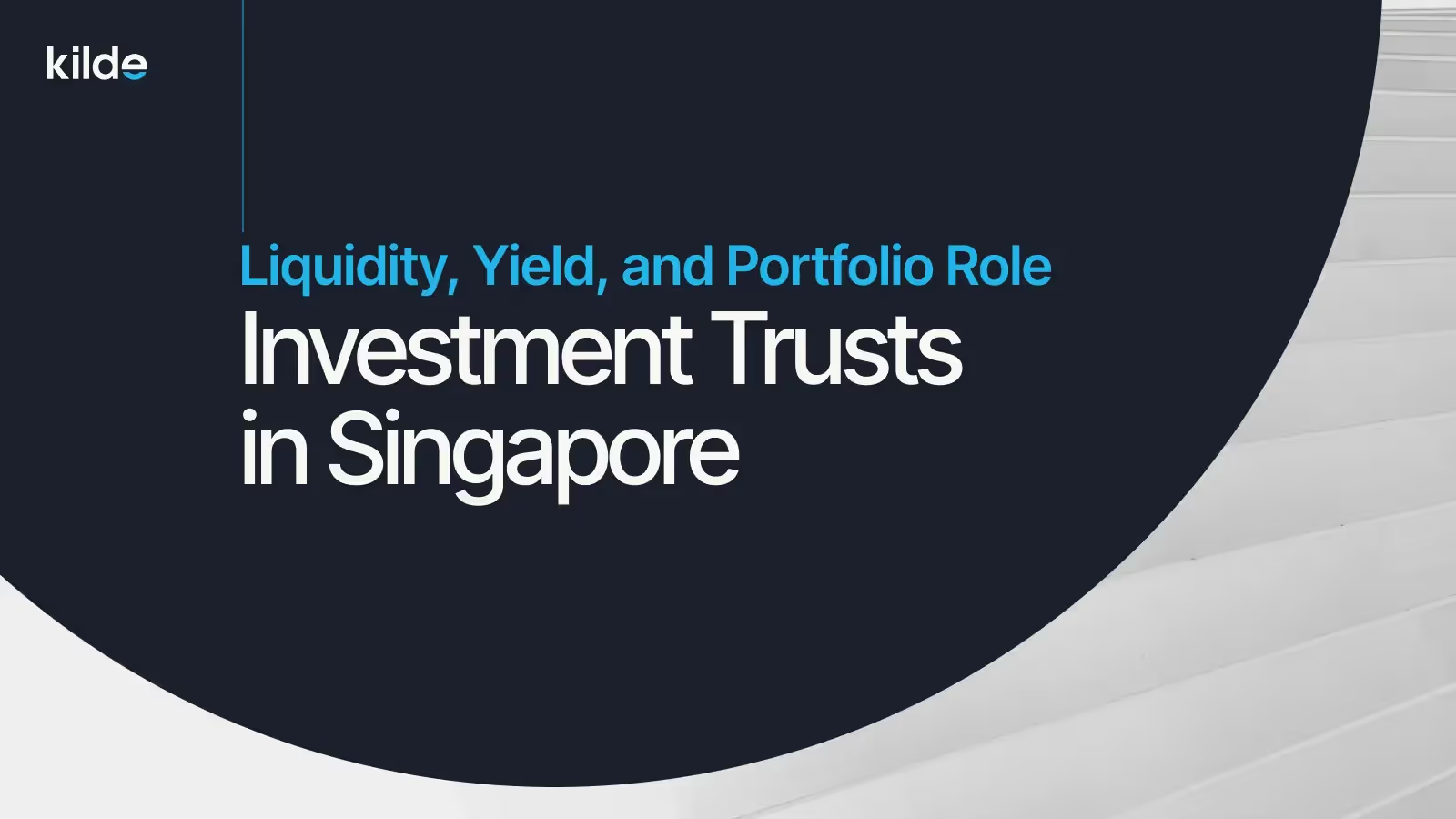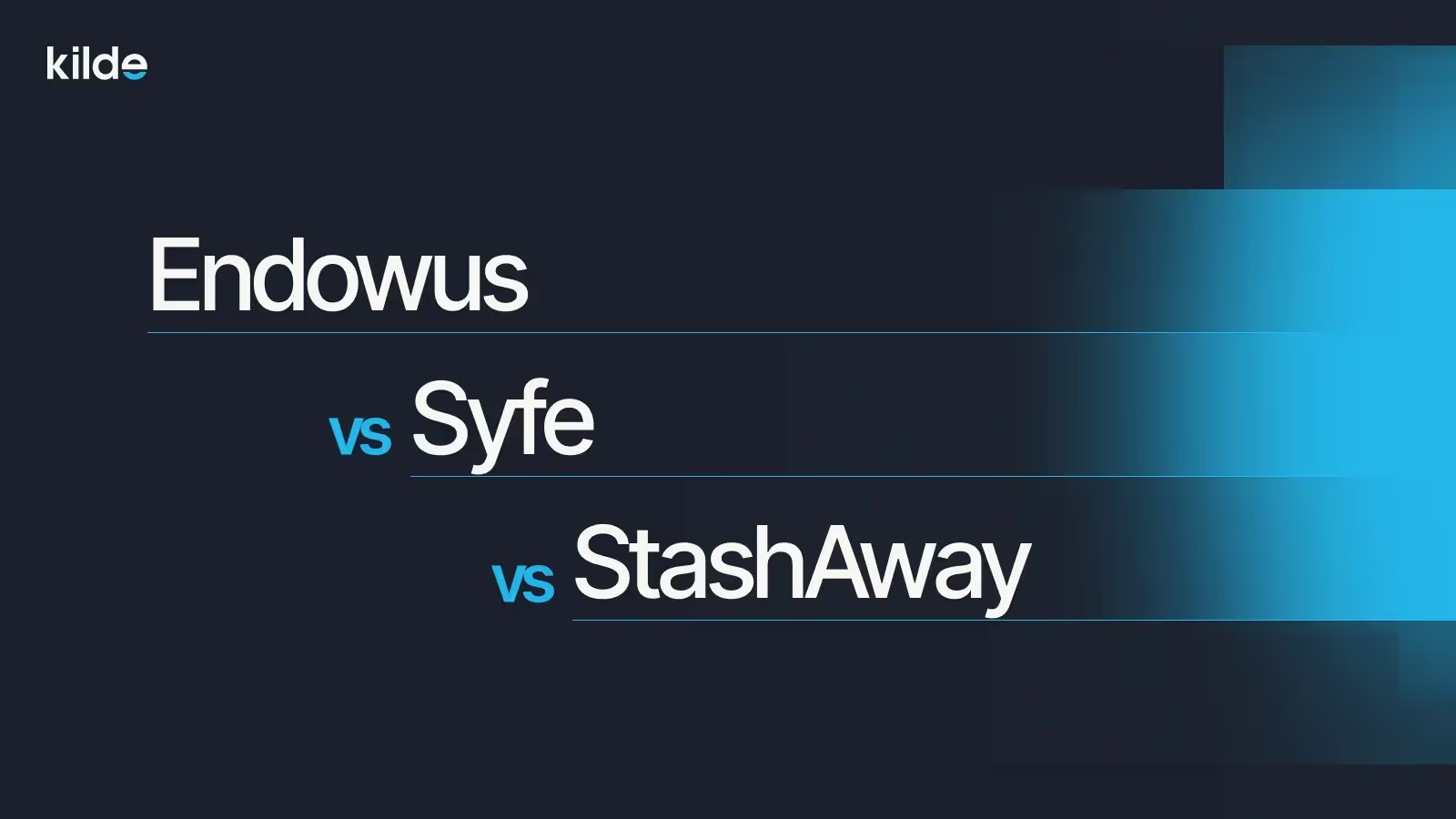Are you looking to optimize your finances in Singapore? One key aspect to consider is managing your income tax effectively. In this article, we will delve into seven avenues of income tax relief in Singapore, tailored to help residents make informed decisions about reducing their personal income tax. Whether you are a Singaporean resident or planning to invest in Singapore, understanding local nuances and tax relief options can lead to significant savings.
Let us start by addressing the fundamental questions surrounding income tax and its reliefs.
{{cta-component}}
What Kind of Income is Taxable?
Income tax in Singapore applies to various sources of earnings, including:
- Employment income
- Rental income
- Business income
- Investment income
The amount of tax you pay depends on the type and amount of income you earn. Now, let us explore the next crucial question.
How Much Taxes do I Have to Pay?
To determine your tax liability, you need to consider your income, which is calculated based on your chargeable income, deductions, and applicable tax rates. Taxes in Singapore are progressive, with lower rates for lower income levels and higher rates for higher income levels.
To provide a clearer picture, here is a simplified table of Singapore's progressive tax rates for resident individuals for the Year of Assessment (YA) 2024:
Retrieved from: www.iras.gov.sg
How to Lower Income Tax in Singapore
Now that you have anoverview of taxable income and tax rates, let us explore the seven methods toenjoy income tax deductions.
Save up for retirement
Singapore encourages citizens to plan for retirement by offering tax relief on contributions to Central Provident Fund (CPF) accounts. The CPF is a mandatory savings scheme that includes Ordinary Accounts (OA) and Special Accounts (SA). You can enjoy tax relief on your CPF contributions up to a certain limit.
Here are the maximum tax relief for CPF contributions:
Read more about this method in our article "How to Relief Your Income Tax Through CPF Top-Ups".
How do I get tax relief on retirement savings?
To qualify for rebates on CPF contributions, you need to:
- Be a CPF member.
- Make voluntary cash top-ups to your CPF accounts.
- Ensure your top-ups do not exceed the respective maximum relief amounts.
Do you know that you can invest with CPF accounts? Read all the information in our article "CPF Investment (CPFIS): How To Use a CPF Investment Account to Generate High Income".

Take Advantage of Rebates for Parents
Families with children in Singapore can benefit from tax deduction schemesthat aim to ease the financial burden of raising kids. Singapore offers ChildRelief and Working Mother's Child Relief to eligible taxpayers.
The tax relief offered for having children are as follows:
How do I get rebates via my children?
- Be a Parent with Singaporean Citizenship:
To qualify for child relief, you should be a Singaporean citizen. Permanent residents may also be eligible for some forms of child relief, so it is essential to check the specific eligibility criteria for your immigration status.
- Have Legal Custody and Care of the Child:
You must have legal custody and be responsible for the care of the child. This typically means that you are the child's biological or adoptive parent and have the legal rights and responsibilities associated with parenthood.
- Meet Specified Conditions for Each Type of Child Relief:
Singapore offers various types of child relief, each with its own set of conditions. Some common types of child relief include Child Relief, Handicapped Child Relief, and Working Mother's Child Relief. It is crucial to review the specific conditions for the type of relief you intend to claim. These conditions may relate to factors such as the child's age, the mother's employment status, or the child's disability status.
Would you like to find out how to get an income of up to 13.5% per year? Click on the banner and find out more about investing with Kilde:
{{cta-component}}
Care for your parents/grandparents
Singaporeans who support their elderly parents or grandparents can benefit from tax deductions designed to ease caregiving expenses. The Parent Relief and Handicapped Parent Relief are available to eligible taxpayers.
How do I get tax relief on caring for parents?
To qualify for tax relief for caring for parents or grandparents, you need to:
- Be a Singaporean citizen.
- Provide support and maintenance to your parents or grandparents.
- Ensure they are not receiving any other relief claimed by someone else.
Upskill with courses
Investing in your education and professional development can also lead to tax savings. Singapore offers tax relief for individuals pursuing approved courses that enhance their employability and skills.
How do I get tax relief for course fees?
To qualify for tax reductions on course fees, follow these steps:
- Enrol in an approved course at a recognized institution.
- Ensure the course is related to your current job, trade, or profession.
- Keep receipts and documentation of your course fees.
Claim expenses incurred in the course of earning your income
Tax relief is also available for specific expenses incurred while earning your income. These expenses can include employment expenses, business expenses, and deductions related to renting out property.
Deductions for employment expenses
You can claim tax relief for employment expenses, such as uniforms, tools, or equipment required for your job. Keep records of these expenses and submit them when filing your taxes.
Deductions for business expenses and deductions
If you are a self-employed individual or business owner, you can claim tax relief on business-related expenses and deductions. Keep detailed records of your business expenses to substantiate your claims.
Deductions for those renting out property
If you earn rental income from properties, you can claim tax relief on expenses related to the rental property, such as property tax, maintenance, and repairs. Keep records of these expenses for tax purposes.
How can I get relief for expenses incurred in the course of earning my income?
- To qualify for rebates for expenses incurred while earning your income, make sure to:
- Maintain accurate records and receipts for all eligible expenses.
- Understand the specific eligibility criteria for each type of expense.
Make a donation
Contributing to charitable organisations can not only make a positive impact but also reduce your taxable income through donations. Singapore offers tax reductions for donations made to approved institutions.
How do I get relief for donations?
To qualify for rebates on donations, you should:
- Donate to approved charities and institutions.
- Ensure that your donations meet the minimum qualifying amount.
- Keep records of your donations, including donation receipts.

Purchase Life Insurance
Purchasing lifeinsurance not only provides financial security but also offers tax deductions in Singapore.You can reduce your taxable income by considering specific insurance policies. Here is a table summarizing the maximum tax relief for life insurance premiums:
How do I get tax relief on purchasing life insurance?
To benefit from rebates on life insurance premiums in Singapore, you can take advantage of the following steps:
- Purchase Eligible Life Insurance Policies:
Start by acquiring life insurance policies from insurers that are approved by the Inland Revenue Authority of Singapore (IRAS). It is essential to choose policies that meet the criteria set by the IRAS to qualify for tax relief.
- Ensure Policy Eligibility:
Before finalizing your insurance purchase, verify that the selected policies comply with the specific guidelines and conditions outlined by the IRAS. These conditions may vary based on the type of insurance and its intended purpose.
- Maintain Documentation:
Keep meticulous records of your insurance premium payments. This documentation is crucial when you file your income tax returns, as it serves as evidence of your eligible expenses. Ensure that your receipts clearly indicate the payment details, including the policyholder's name, payment amount, and payment date.
By following these steps and ensuring that your chosen life insurance policies align with IRAS guidelines, you can successfully claim tax relief on your insurance premiums. This not only provides you with valuable financial protection but also contributes to reducing your taxable income in Singapore.
{{cta-component}}
How to lower your Income Tax for YA 2024 in Singapore
To relief your tax obligations for the Year of Assessment (YA) 2024 in Singapore, you can consider the following strategies:
Note that the maximum amount of income tax deduction that you can receive is $80,000.
Eligibility for Foreigners with Permanent Residence
Foreigners who have obtained permanent residence in Singapore may have different eligibility criteria for certain tax relief programmes compared to Singaporean citizens. Understanding these nuances can help permanent residents make the most of the available tax incentives.
How to Get a High Income
Achieving a high income is essential for comfortably managing your taxes in Singapore. One effective way to increase your income is through alternative investments. One such option worth considering is Kilde, an innovative investment platform that offers unique advantages for investors seeking higher returns. Here is why Kilde can help you achieve a high income:
Kilde stands out as a dependable and potentially profitable choice within a moderate risk framework. Its unique approach to securitizing alternative assets into privately placed securities sets it apart from conventional investment platforms.
If you prioritize both the safety and growth of your wealth, Kilde offers a promising avenue to achieve a high income. Learn more about Kilde's innovative investment opportunities and experience financial confidence by exploring the platform here.
Final Tips on Tax Incentives in Singapore
As you navigate the realm of income tax incentives, it is crucial to stay informed and avoid common pitfalls. Here are some final tips to keep in mind:
- Incorrectly claiming personal allowances can lead to penalties:
Ensure that you qualify for the tax reliefs you claim, and maintain proper documentation to substantiate your claims.
- Avoid inappropriate claims for personal allowances:
Before making any claims, thoroughly review the qualifying conditions for each relief. The Inland Revenue Authority of Singapore (IRAS) provides a personal benefits verification program on their website to help you verify your eligibility.
{{cta-component}}
Sources:
- www.cpf.gov.sg/content/dam/web/member/growing-your-savings/documents/INV_AnnexB.pdf
- www.cpf.gov.sg/member/growing-your-savings/earning-higher-returns/investing-your-cpf-savings
- https://www.iras.gov.sg/taxes/individual-income-tax/basics-of-individual-income-tax/tax-residency-and-tax-rates/individual-income-tax-rates
*KILDE PTE LTD (“Kilde”) is incorporated in Singapore (registration no. 201929587K) is licenced and regulated by the Monetary Authority Singapore and holds a Capital Markets Services Licence (CMS101016) and an Exempted Financial Advisor License under the Financial Adviser Act. The information provided in this marketing material is intended for “accredited investors” and “institutional investors” (collectively “qualified persons”) only. This marketing material, and any information in this marketing material, or any documentation that Kilde provides in relation to this marketing material is provided without any representation or any kind of warranties whatsoever (whether express or implied by law).
This advertisement has not been reviewed by the Monetary Authority of Singapore.
















